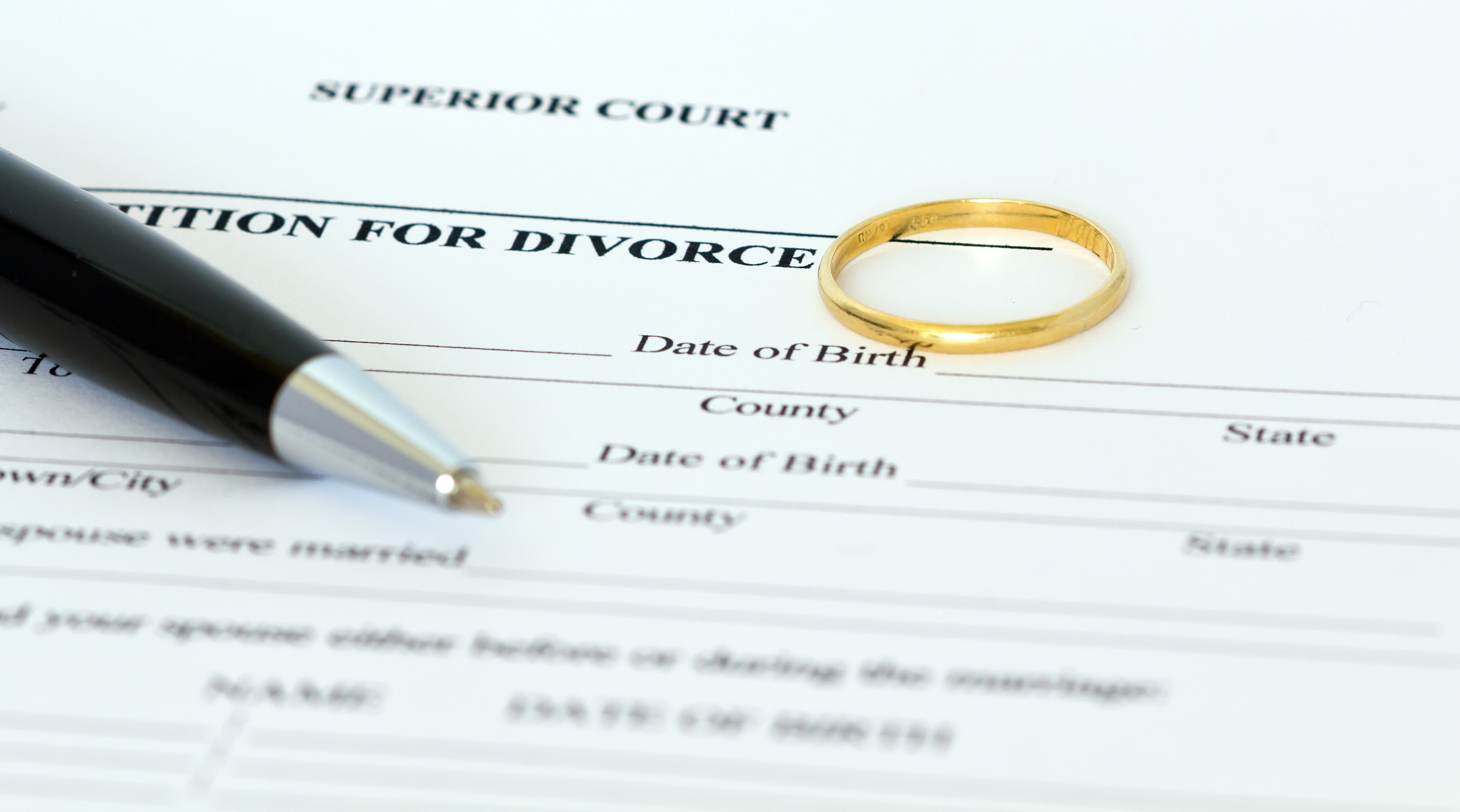
A divorce case commences with the filing of a petition in court, called a complaint in some jurisdictions. No matter the title attached to the legal document, it serves the same purpose.
Specific steps must be taken in the preparation of a divorce petition. The failure to do so can excessively prolong a case or result in its outright dismissal.
Jurisdiction
A key element of a divorce petition is establishing the jurisdiction of the court. The petition must set out the length of time the parties have lived in the state and county in which the case is being pursued. Minimum residency requirements in each jurisdiction must be met to pursue a divorce case in a specific court.
Reason for Divorce
Most states still permit no-fault divorces. If that is the case, the petition does not need to set forth any specific allegations of wrongdoing. The petition need only state that the parties have irreconcilable differences and can no longer live together as husband and wife.
In jurisdictions in which an allegation of fault is required, a statement of wrongdoing must be included in the petition. For example, the person filing the petition might allege that the other spouse engaged in an extramarital affair.
Children
If the spouses have children, the petition must request that the court enter appropriate orders pertaining to the minors. These orders include child custody, parenting time or visitation as well as child support.
Property and Debt
A divorce petition must also request that the court make an appropriate division of the assets and debts accumulated during the marriage. Some states utilize the community property standard, which calls for the property and debt to be divided equally. Most states use the equitable division of property standard, which requires a distribution of property and debt in a manner that is fair and just under the circumstances of the case.
Verification
The petition must be signed before a notary. It includes a statement that the content of the petition is true and correct to the knowledge and belief of the individual signing the document, under penalty of perjury.
Because of the complexity of divorce cases, a person typically is best served by retaining a qualified attorney. In the alternative, most court clerks maintain standard form divorce petitions for people not represented by an attorney in a marriage dissolution proceeding.
If you’d like to find out more information on how we can help, contact us here.
